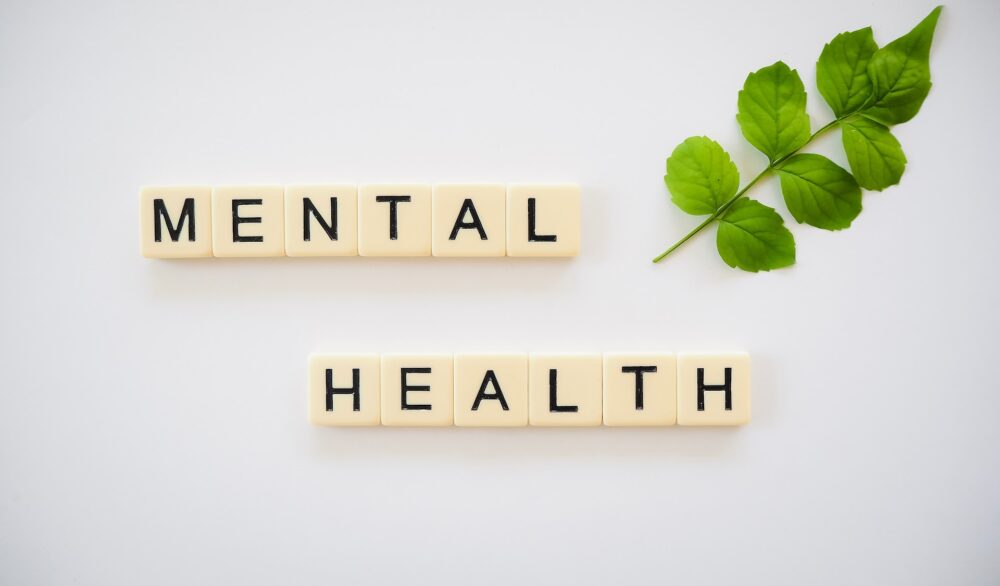Good mental health is essential for an individual’s overall wellbeing. It is also important to understand the underlying causes of mental illness and how to help those in need best.
The Foundation works to reshape mental health and wellbeing determinants, collaborating across sectors to achieve the best possible outcomes. They implement and support community-based prevention, promotion, and intervention initiatives.
Reduce the stigma of mental illness
Like the Brought To Reality Foundation, it believes all people need to thrive in communities supporting mental health. These communities are not determined by where you live, what language you speak, how much money you earn, or who you love.
It promotes good mental health and wellbeing by improving the quality of treatment, making it available to more low-income individuals, and advocating for change. It also funds research and provides education and awareness. Its activities are guided by the korero ‘Mauri ora,’ which means unleashing energy and strategies to actively support the wellbeing of individuals, whanau, organizations, and communities.
The Foundation covers various topics, including diet, friendship, parenting, mental illness stigma, and cultural diversity. It reaches millions of people each year through its media work, information booklets, and online services. Its goal is to help people prevent mental health problems, resulting in better physical health, fewer substance abuse issues and suicides, and everyone contributing fully to society.

Proven to save lives
Our country is facing a mental health crisis of staggering proportions. Thousands of people are lost to suicide each year, and two out of five adults report symptoms of anxiety or depression. The President’s plan to address this crisis includes expanding access to mental health services in schools and colleges by doubling the number of school-based mental health professionals.
Mental health needs to be integrated into health care, and mental health promotion should be included in commissioning contracts and service provision. This could include parenting classes, a whole-school approach to mental health promotion, mental health first aid training, and action on social risk factors like debt and bullying.
An evidence-based program developed trains individuals in schools, businesses, and faith communities to notice, invite, challenge, and empower themselves to help a friend or family member with mental health concerns. Local organizations have embraced the program, which is now being used nationally.
Helps young people access mental health services
Many mental health scholarships are available for high school, undergraduate, and graduate students. However, it is essential to look at the eligibility requirements carefully. Some scholarships are specifically for those who have a specific type of mental illness, while others are more general.
The scholarship program provides the financial support needed to help young people access the care they need. These scholarships can also reduce the burden of student debt and allow them to focus on their studies. In addition, the Foundation also works to educate the public on the link between mental health and community violence.
For some people, personal and family trauma is the defining experience that sets them on a path to helping others with their struggles. These scholarship recipients are working to build a diverse, culturally competent mental health workforce that will meet the needs of New York’s communities. The Foundation’s scholarship programs are vital to this effort.

Helps people get the help they need
Like other charities listed below, the Foundation is dedicated to improving mental health through research, education, treatment services, and destigmatization. The organization also raises funds to support research critical for improving care and recovery. 100% of donations to the Foundation go towards funding research.
The delegates from AMOS churches have heard stories of individuals with mental health challenges struggling to get the help they need. One member of the church in Ankeny lost her son to suicide after waiting years for a diagnosis. Another deacon says he has friends who have been turned away from psychiatric services because of limited capacity.
These stories inspire them to take action. For example, AMOS members have been working to expand the mental health workforce. The Western New York area has a shortage of mental health professionals. Adding one more person to the profession could help thousands of struggling patients and families.

